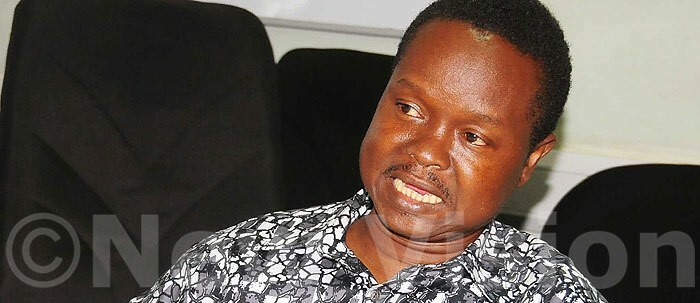A high-level mediation for South Sudan kicked off in Nairobi on May 3. This is a fresh round of peace negotiations between the South Sudanese government and the non-signatory opposition group (NSOG). This followed a request by President Kiir and the NSOG’s acceptance of Kenya’s role as mediator.
Before the May 3 meeting, President Ruto on March 22 shared with the NSOG a proposed roadmap and a draft mediation framework agreement that creates structures to manage the mediation process. The Kenyan framework appears inclusive and the timeline of 18 months from January 2024 to June 2025 is reasonable.
This piece is not a critique of the framework document and roadmap but a commentary on the politics of peace processes by the government of South Sudan.
Since the outbreak of civil war in South Sudan in 2013, the parties to the conflict have sought mediation from the Intergovernmental Authority on Development (IGAD), Ethiopia, Tanzania, Sudan, Uganda, and the Community of Sant’Egidio and now Kenya. These efforts have led to two main peace agreements and an agreement on the unification of the SPLM, which have yet to be implemented.
Why is the government of South Sudan interested in forum shopping and playing each mediator against another? Also, the request to Mr Ruto is intriguing because the NSOG consists mainly of two or three briefcase political parties, small hit-and-run insurgent groups, and individuals who do not pose a significant threat to the regime’s survival. Why would a government, already burdened with numerous idle rebel groups and an unimplemented peace agreement at home, venture into the political marketplace to seek out additional rebels to bring back?
Assuming the South Sudanese government is committed to peace and inclusivity, couldn’t the Rome Peace Initiative achieve this? Moreover, does the government trust President Ruto more than the Vatican’s mediation efforts?
Why would President Ruto agree to mediate for parties known for negotiating in bad faith? Given Kenya’s history of covertly arresting and deporting activists to Juba and its significant business interests in South Sudan, is Ruto a suitable mediator in South Sudan’s peace processes? Is President Ruto trying to prove to his citizens that he is much like a prophet unappreciated in his land?
While various motivating factors could be driving the renewed push for the Nairobi peace initiative, two primary forces stand out: Firstly, the dire economic situation of the South Sudanese government has drastically reduced its ability to pay patronage fees and subsidize political and military loyalties to the many idle rebels groups in Juba, posing a real threat to the regime. Secondly, the Troika has conditioned any economic bailout on implementing the peace agreement and including all South Sudanese segments, including the NSOG, in a peaceful transition.
Thus, the Nairobi initiative is driven more by the regime’s survival than by the pursuit of peace. The donors are both the audience and the targets. President Ruto’s favorable relations with some Troika members and his perceived ability to broker under-the-table deals are crucial elements of Juba’s strategy in the Nairobi initiative.
Although the Rome process might have secured peace and donor support, it would have demanded a high political price—genuine peace, good faith, and political commitment. These are ‘currencies’ that the government of South Sudan is unwilling to spend on an insignificant NSOG in exchange for an economic bailout.
It appears South Sudan is far from achieving peace, stability, or democracy. The Nairobi initiative may add to the number of disengaged opposition groups in Juba but is unlikely to deliver the peace South Sudan urgently needs.
Dr. Remember Miamingi is a South Sudanese expert in governance and human rights, as well as a political commentator. He is currently based in South Africa and can be contacted via email at remember.miamingi@gmail.com
The views expressed in ‘opinion’ articles published by Radio Tamazuj are solely those of the writer. The veracity of any claims made is the responsibility of the author, not Radio Tamazuj.




